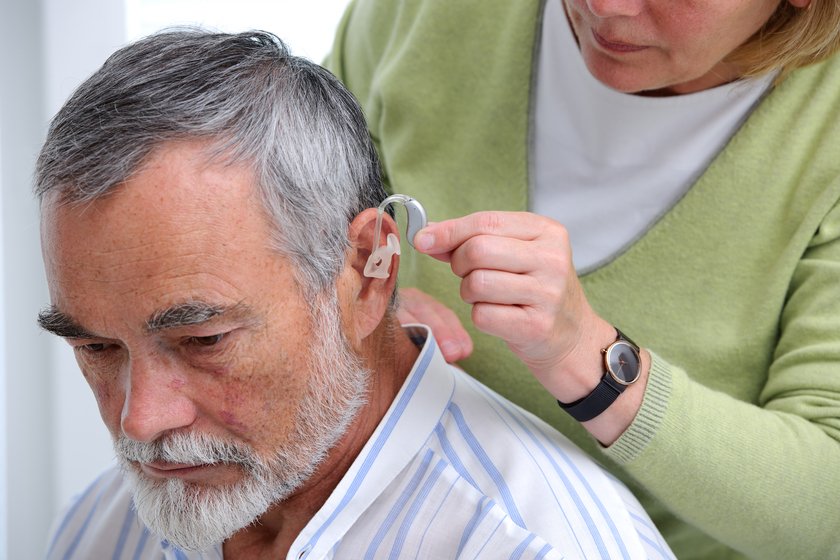Like the loss of taste, hearing loss can happen at any point in your life but it is most prevalent in old age. Hearing loss can be very frustrating not only to the older adults that it affects but also to the people around them. The biggest hurdle comes up when you have to communicate with people who have been diagnosed with the condition.
Essentially, age-related hearing loss tends to create a communication barrier that can lead to the isolation of the elderly. In addition to that, it may also result in a dip in their confidence besides making them avoid social situations. Generally, hearing impairment at an advanced age can disrupt the quality of one’s life.
Fortunately, different assistive devices such as hearing aids may help to better the conditions. Even so, hearing aids may not necessarily work for everyone. The best way to get around the situation is through the use of the right communication techniques to enhance listening and hearing performance. Here are some tips on how to efficiently communicate with older adults who have a hearing impairment.
Be Understanding and Open Minded
It is crucial to be understanding and patient when communicating with elders with the condition. They get agitated or frustrated easily when you the moment you fail to get their message. To avoid escalating the situation, it is prudent to bear with their situations and allow them sufficient time to comprehend what you are paying for them to participate in the conversation. Of course, there will be some moments of awkwardness and misunderstanding here and there. Nevertheless, you should strive to maintain things on a light note and keep on conversing.
Inquire about Their Preferred Method of Communication
Hearing loss comes in varied degrees. In the same way, there are different types of hearing impairments. With that in mind, you should understand every person with these conditions has unique needs and requirements when it comes to communication.
Thus, what works for one older adult may not be practical for the next one. To be on the safe side, it is wise to first inquire about the method of communication that an individual prefers before starting your conversation. The most common methods of conversation are verbal, gestures, and written.
Be Cautious About Visual Cues and Appearances
Elderly people with hearing loss often utilize visual cues to understand and follow conversations. For that to happen effectively, they need to directly see the face of the person that they are communicating. It is also crucial for them to main eye contact with the speaker.
In this manner, they can read the lips and body language in addition to observing facial expressions and getting what you are saying. Thus, you need to appear clearly in an area with proper lighting for smooth communication.
Rephrase Statements or Questions If Possible
You might find yourself in a situation where you have to repeat yourself a couple of times to pass your message when conversing with aging people who are hearing impaired. If that happens a couple of times then you might have to rephrase your statement or question to convey your message. In the same vein, you could try to simplify it or shorten it and see how it plays out.
Learn How to Speak with Hearing Impaired Elders
It is impossible to ignore the essence of communication. By conversing with someone you get to know how they feel as well as their opinions on different things. The feelings and opinions of older adults are important too even when they have hearing loss. Knowing how to effectively communicate with elders who have hearing impairments will help you understand each other perfectly. It is also significant in gaining clarity about difficult situations besides assisting you to serve them in a better way for a quality life.







